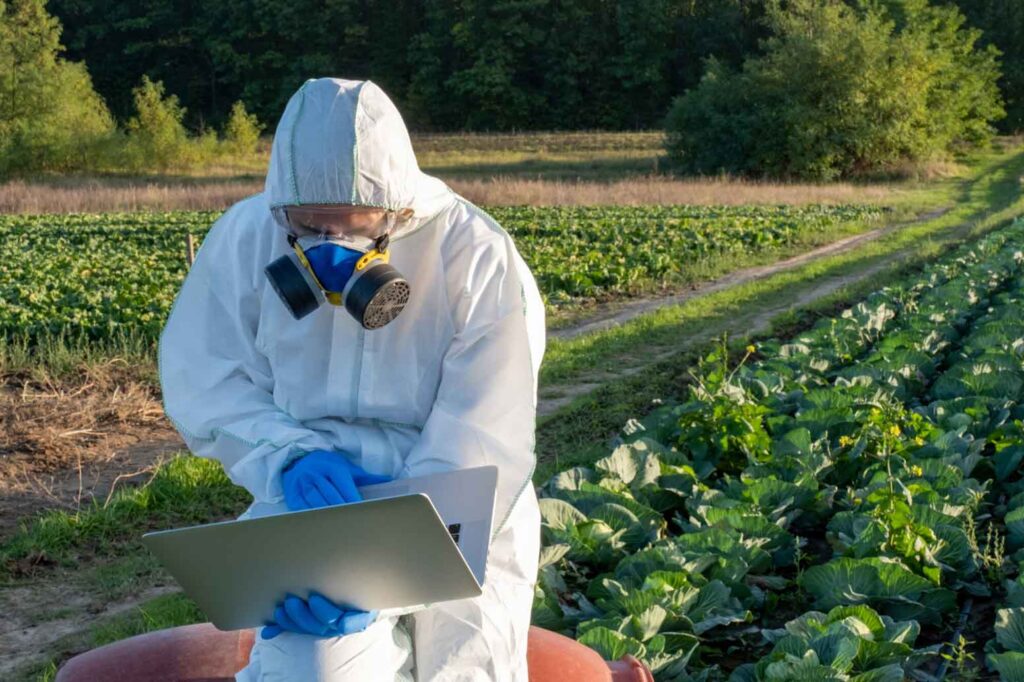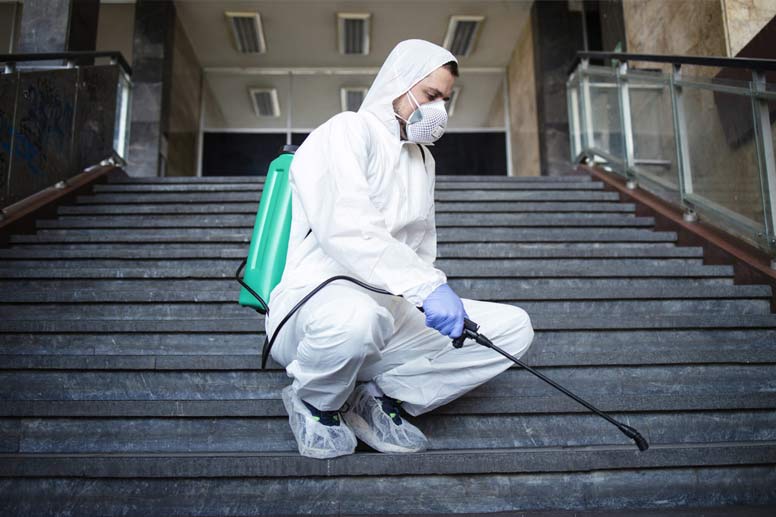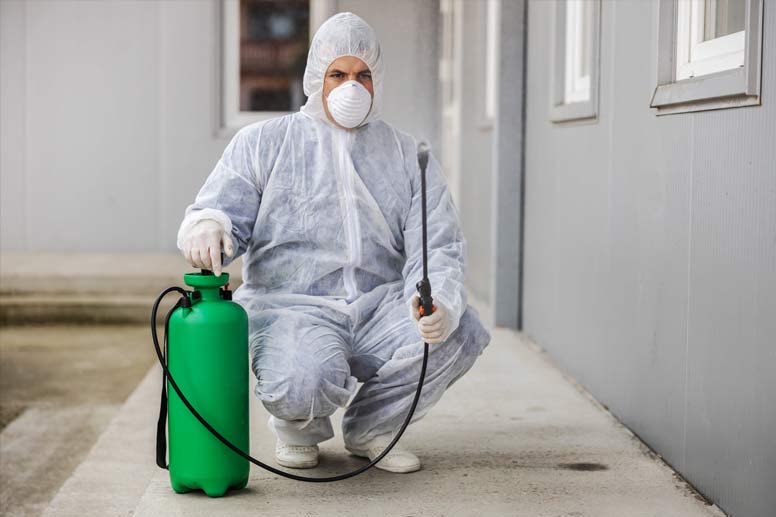How to Get a Pest Control License: Your Complete Guide

Table of Contents
- What Is a Pest Control License?
- Why Do You Need a Pest Control License?
- How Many Types of Licenses Are There?
- Do I Need to Pass an Exam?
- Can I Operate Without a License?
- Can I Use My License in Other States?
- How to Renew My License?
- How much does it cost?
- Detailed Requirements for Texas, Florida, and California
- Make Business Smoother With Invoice Fly's Pest Control Software
In this article we will cover a complete guide on How to Get a Pest Control License in the United States, in 2025.
Getting your license to become a pest control technician is an important step if you’re looking to work in the growing pest management industry. This guide will help you understand what a pest control license is and the specific steps you need to take.
The pest control industry is set to grow by about 6% from 2022 to 2032, which is faster than many other jobs. This increase is due to more people understanding the health risks pests can cause. This leads to a higher demand for pest control services.
Understanding the licensing needs of each state is important. This applies whether you are dealing with Texas’ rules, Florida’s different environments, or California’s strict standards.
What Is a Pest Control License?
A pest control license is a special permit that lets people manage and use pesticides and other methods to control pests. This includes working in homes, businesses, and farms.
This license is important. It makes sure that pest control work is done safely. It also follows the rules from state and federal governments.
Why Do You Need a Pest Control License?
Having a pest control license is essential for several reasons:
- Legal Compliance: Operating without a license could result in serious legal issues. This could include fines or even having your business shut down.
- Professional Credibility: A license shows your clients that you are a professional. It proves that you have the right training and knowledge to do the job safely and effectively.
- Safety: With a license, you demonstrate your commitment to safety. This is crucial because handling pesticides and managing pests can be dangerous if not done correctly.
- Client Trust: When clients see that you are licensed, they feel more confident in your services. They trust that you will handle their pest problems without risking their health or property.
In short, a pest control license protects you, your business, and your clients. It ensures that you can provide safe and reliable services while adhering to legal and professional standards.

How Many Types of Licenses Are There?
The types of pest control licenses vary depending on the state and the services provided. Common categories in the U.S. include:
- General Pest Control: Covers most household pests.
- Rodent Control: Specifically targets rat and mouse infestations.
- Termite Control: Focuses on the prevention and treatment of termite damage.
- Fumigation: Uses gas pesticides to treat severe infestations.
- Agricultural Pest Control: Pertains to pests affecting crops and farm land.
- Pesticide Applicator License: This license is for certified applicators who use restricted use pesticides to produce an agricultural commodity on property they own or rent, or on property owned or rented by their employer.
Do I Need to Pass an Exam?
Yes, to get a pest control license, you usually need to pass an exam. Here’s what the exam may involve:
- Pesticide Application: You’ll be tested on how to correctly mix and apply pesticides.
- Safety Protocols: The exam will check your understanding of the safety measures needed when handling chemicals.
- Environmental Regulations: You need to know the laws that help protect our environment while controlling pests.
- Pest Control Techniques: The test will cover various methods for managing pests. You will show that you can choose and apply the right technique for different situations.

Can I Operate Without a License?
No, running a pest control business without a proper license is against the law. It can lead to serious consequences, including hefty fines and legal action.
Meeting the licensing requirements is crucial to ensure you operate legally and maintain your professional credibility.
Can I Use My License in Other States?
Pest control licenses are generally state-specific. Most states request additional requirements or that you undergo a separate licensing process.
However, some states have reciprocity agreements meaning they transfer across state lines. This may simplify the process for obtaining a license if you’re already licensed in another state.
Example: A pest control operator licensed in Nevada may find it easier to get a license in Arizona. This is because Nevada has specific rules for managing pests in the desert.
How to Renew My License?
Renewing your pest control license usually involves completing continuing education courses and submitting a renewal application along with the required fee, before the end of the calendar year.
Continuing education helps pest control professionals stay current with the latest safety standards, techniques, and rules.
How much does it cost?
The cost of obtaining a pest control license varies by state and license type. Typically, costs include fees for education and training courses, examination fees, and the license application fee.
Continuing education and renewal fees also contribute to the ongoing cost of maintaining a pest control license.

Detailed Requirements for Texas, Florida, and California
- Texas: Requires training, passing an exam, and submitting an application to the Texas Department of Agriculture.
- Florida: Requires training, passing a test, and providing proof of insurance.
- California: Involves passing multiple exams and fulfilling specific education requirements.
Make Business Smoother With Invoice Fly's Pest Control Software
Set yourself up for success in the pest control field — make sure you have the right licenses. Use Invoice Fly’s Pest Control Software to manage your business well and impress your clients.
Now you have all the knowledge, it’s time to start building your trusted and lawful pest control business today.
